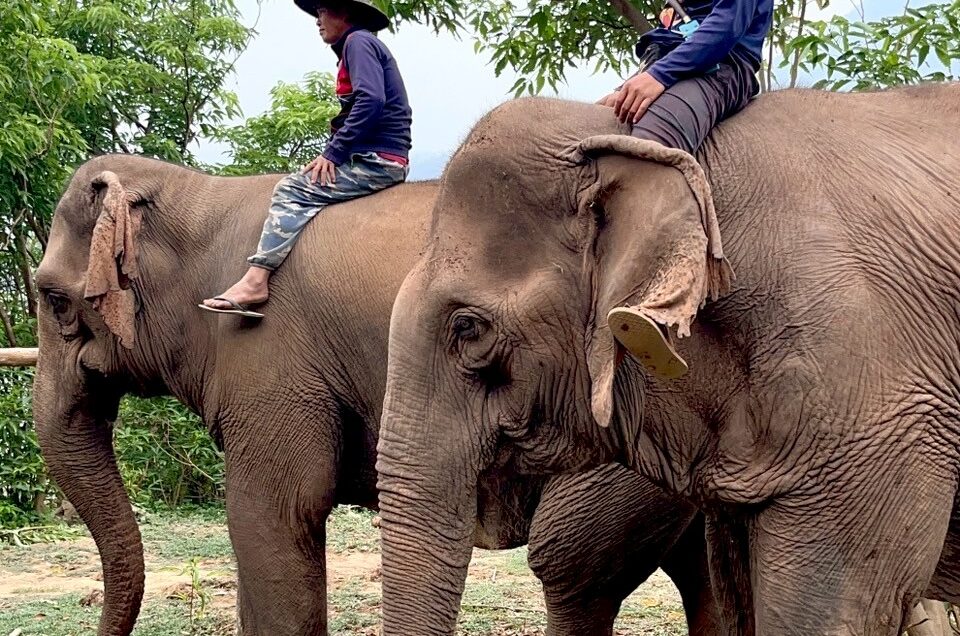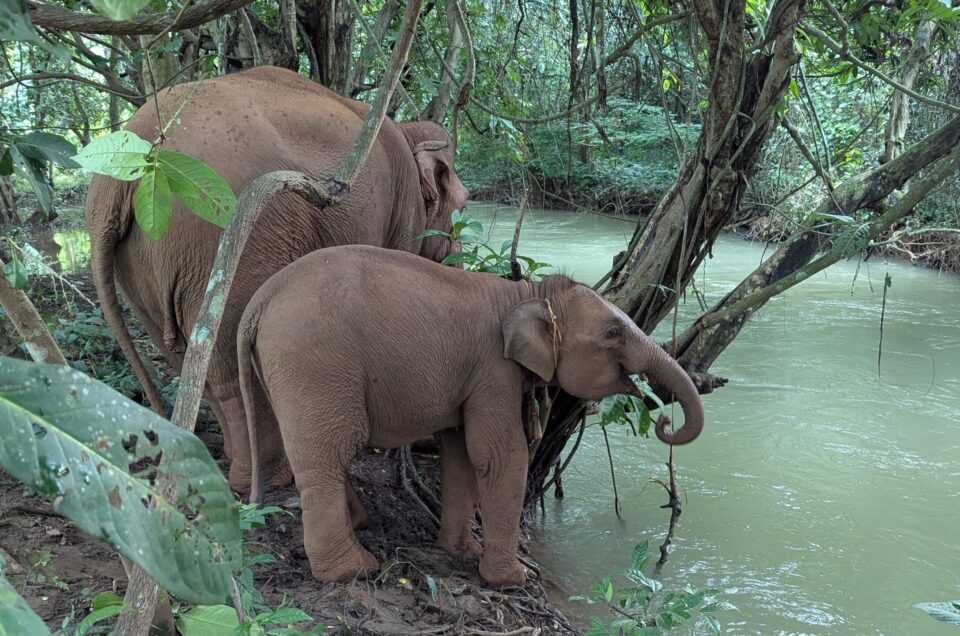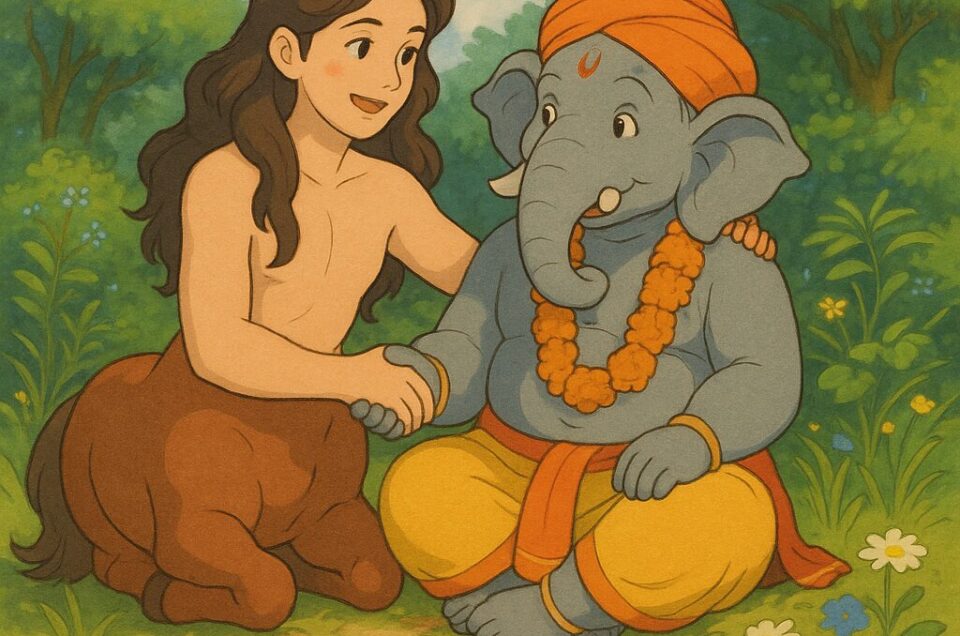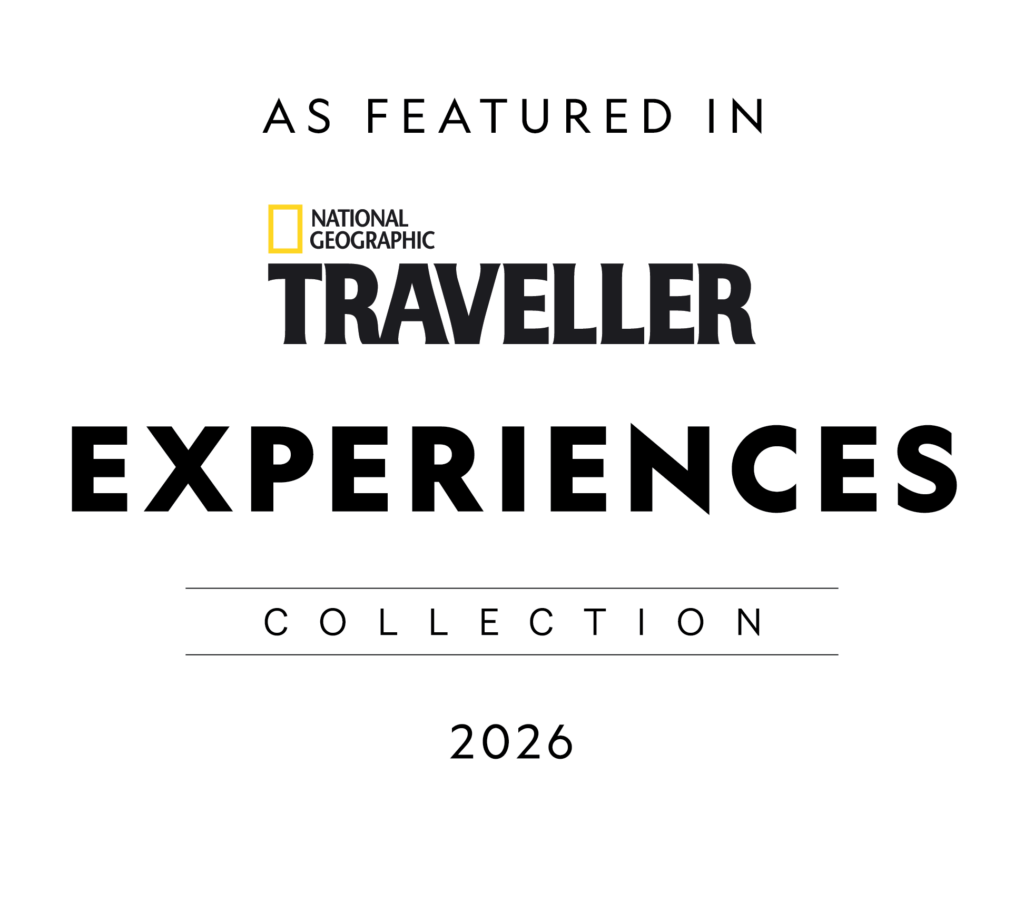The ethics of elephant riding have become a flashpoint in global conservation and animal welfare discourse. For many Western advocacy organizations and tourists, the answer appears obvious: riding is exploitation, and therefore must be banned. Yet, recent scientific research from Southeast Asia, alongside critical philosophical perspectives from Michel Foucault and Donna Haraway, complicates this narrative. A more just and nuanced conversation must ask not simply, “Is elephant riding ethical?” but “How did this question come to be framed in this way? Who defines these norms? And whose voices have been left out of the conversation?”
Scientific Evidence: Rethinking Welfare Assumptions
Recent empirical studies conducted in Thailand—far from the influence of Western zoos and animal welfare charities—suggest that the realities of elephant welfare are not so easily captured by ideological opposition to riding.
Bansiddhi et al. (2019) found that elephants in camps that allowed structured, moderate interaction, including riding, showed lower stress hormone levels and fewer signs of poor health than those in “hands-off” sanctuaries. These hands-off models, while ideologically appealing to Western tourists, often led to unintended consequences: obesity, boredom, and even stress-related behavioral problems due to lack of stimulation. Similarly, Kongsawasdi et al. (2021) demonstrated that elephants carrying moderate loads did not experience biomechanical stress, countering the widespread belief that all forms of riding are physically damaging.
These studies underscore a simple yet powerful point: good welfare depends not on the presence or absence of riding, but on how human–elephant interactions are managed. They remind us that ethics cannot be disentangled from empirical realities—and that well-intentioned policies can sometimes undermine the very welfare they aim to protect.
Foucault and the Politics of Ethical Knowledge
Michel Foucault’s work on the relationship between knowledge and power provides an incisive framework for analyzing how elephant tourism ethics are constructed. Ethical norms, Foucault reminds us, do not exist in a vacuum; they are shaped by institutions, discourses, and networks of authority. What we consider “ethical” often reflects dominant worldviews rather than objective truth.
The global anti-riding movement illustrates this dynamic. Predominantly driven by Western NGOs, media, and celebrity influencers, the movement has positioned itself as the moral authority on elephant welfare. In doing so, it has marginalised local voices—mahouts, camp operators, researchers, and communities with centuries of experience living and working with elephants. Rather than ask how elephants and humans can flourish together, these movements often impose abstract standards that reflect urban Western anxieties more than the lived realities of rural Laos, Thailand, or Cambodia.
This is not a rejection of ethical concern, but a call for epistemic humility. Foucault would urge us to question the “regimes of truth” that make some forms of care visible while obscuring others. Why is it that a visitor taking a selfie at a “sanctuary” is viewed as ethical, while a Lao mahout riding bareback to the river is seen as cruel? What discourses produce these interpretations, and whose interests do they serve?
Haraway’s Relational Ethics: Staying with the Trouble
Donna Haraway’s concept of “staying with the trouble” challenges us to resist simplistic binaries—wild/domestic, free/captive, good/bad—and instead embrace the messy, entangled nature of human–animal relationships. In her framework, ethics arise not from abstract moral imperatives but from attentiveness to situated relationships, histories, and mutual responsibilities.
From this perspective, the goal is not to purify human–elephant interactions but to make them more accountable, more thoughtful, more reciprocal. A mahout who rides an elephant without coercion, who knows her moods and movements, and who lives in daily proximity to her, is engaged in a form of ethical world-making. Haraway would argue that such relationships—dense with care, tradition, and negotiation—offer a richer model of interspecies ethics than remote forms of advocacy that treat elephants as symbols rather than beings-in-relation.
Critiquing Western-Centrism in Animal Welfare
The dominance of Western norms in global animal welfare raises critical postcolonial concerns. Practices like elephant riding are not merely economic activities; they are embedded in cultural, historical, and spiritual frameworks. To reject them wholesale is to enact a kind of epistemic violence—disregarding local knowledge, livelihoods, and values in the name of a universalized (and often unexamined) morality.
This critique is not a defense of all practices in all forms; abuse exists, and should be named and addressed. But blanket bans on riding, pushed through global campaigns and tourism regulations, often flatten complexity. They risk reducing Southeast Asian cultures to caricatures of cruelty and positioning Western tourists as enlightened saviors. In doing so, they repeat colonial patterns of domination—this time under the banner of ethical concern.
As Haraway and postcolonial theorists alike remind us, ethics must be situated. They must emerge from the ground up, not be imposed from afar.
Toward an Ethics of Entanglement
If elephant riding is to be evaluated ethically, it must be done in context. Ethical riding—low-impact, limited by the elephant’s health and temperament—can be part of a broader strategy of care that includes habitat conservation, mahout training, intergenerational cultural transmission, and community-based tourism.
Such an approach is being taken at Manifa Elephant Camp. There, elephants live in forested habitats, form long-term bonds with mahouts, and engage in structured interaction that respects both tradition and welfare. Tourists are not encouraged to dominate but to witness—to join in a relationship already underway, shaped by centuries of coexistence.
This is not a pure or easy path. It requires discomfort, patience, and the willingness to question deeply held assumptions. But it is a path that affirms both elephants and people as participants in a shared, evolving world—a world that is not built by retreating from contact, but by learning to live within it, responsibly and respectfully.
Conclusion
The question “Is elephant riding ethical?” cannot be answered without first asking: who gets to decide? By integrating Southeast Asian scientific research, Foucauldian critique, Haraway’s relational ethics, and postcolonial awareness, we uncover a more complex and compassionate picture—one that resists moral absolutism in favor of grounded, situated care.
Ethics, like conservation, must be practiced with humility. And sometimes, the most ethical act is not to walk away, but to walk alongside—to stay with the trouble.





![[1] Q: Are Elephants in Tourism Wild or Domesticated?](https://manifatravel.com/wp-content/uploads/2023/03/elephant-vet4-780x636.jpg)

